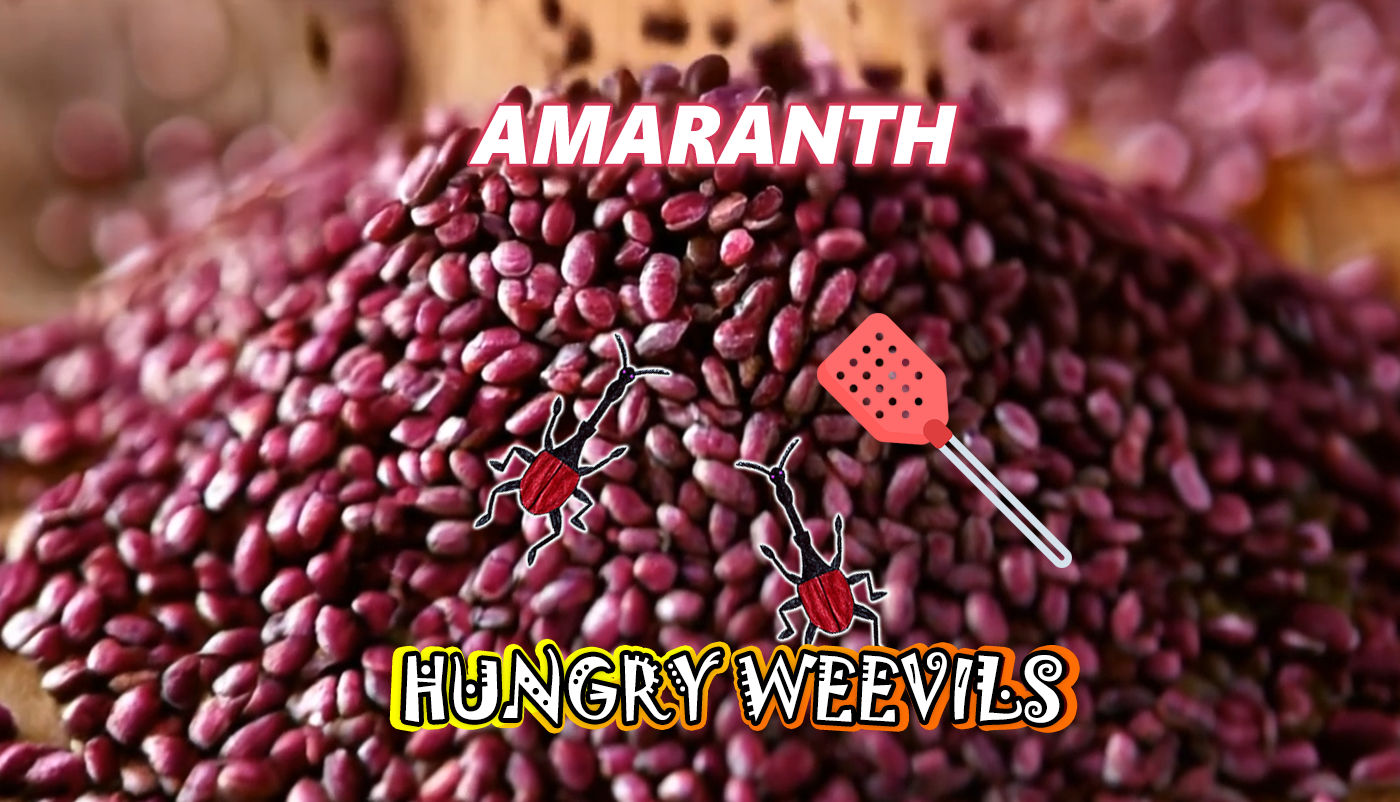Amaranth: A High-Protein, Weevil-Resistant Pseudocereal
01 Nov 2024

Amaranth is a pseudocereal that is gaining popularity among those seeking a gluten-free and nutritious diet. This ancient food, known for its excellent nutritional properties, is gluten-free, making it a popular choice for those with celiac disease or gluten intolerance. What’s more, amaranth is rich in protein and essential amino acids, including lysine, putting it on par with high-protein foods like quinoa and legumes.
Nutritional Properties of Amaranth
Amaranth seeds contain about 13-15% protein, which is significant for a pseudocereal. Amaranth proteins are unique in that they contain high levels of amino acids, such as lysine, which is important for tissue regeneration and immune function. In addition, amaranth is rich in fiber, which aids digestion and supports gut health. It contains microelements such as magnesium, calcium and iron, which play a key role in maintaining energy metabolism and strengthening bones.
Using amaranth in cooking
Amaranth is easily integrated into everyday nutrition. Its seeds can be boiled and added to soups, salads or porridge, used as an ingredient for gluten-free baking. Due to its mild taste, amaranth is easily combined with other ingredients and can be used as a base for bread, pancakes and even desserts. Amaranth flour is also used to prepare nutritious and light snacks.
Weevils and storing amaranth
One of the problems with storing amaranth is the risk of weevil infestation. Amaranth weevils, which are a subspecies of grain weevils, are able to penetrate the seeds and feed on them, which leads to a decrease in the quality of the product and a reduction in its shelf life. These pests are especially dangerous when amaranth is stored for a long time in improper conditions. To save the grain from weevils, you need to play the game
To avoid weevil infestation, it is recommended to store amaranth in airtight containers that prevent insect penetration. Refrigerated storage can also be an effective method for increasing shelf life and protecting against pests.
Conclusion
Amaranth is a versatile, nutritious product that is suitable for people striving for healthy eating and limiting gluten. However, proper storage is key to avoiding damage to the grains and preserving all the beneficial properties of the product.
Related games
Related news
Hungry Weevils: Live Stream of the Game That Captured Player...
Players are excited about Hungry Weevils – details from the latest stream
Read moreDried Fruits: A Sweet Danger for Weevils
Dried Fruits: A Concentrate of HealthDried fruits are a concentrated source of vitamins, minerals, fiber, and, of cours...
Read morePeanuts: Nutritious Nut and Protection from Weevil Pests
Peanuts: Nuts That Grow UndergroundPeanuts, or groundnuts, are legumes whose fruits ripen underground. They are rich in...
Read more




